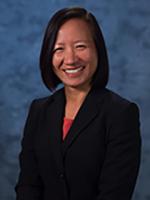
Huy Le, PharmD
Medication Safety / Pharmacy Quality Management Coordinator
PGY2 Medication-Use Safety Residency Program Director
Loma Linda University Medical Center
11234 Anderson Street, Loma Linda, CA 92350
Phone: (909) 558-4500, Ext. 83885
Email: [email protected]
